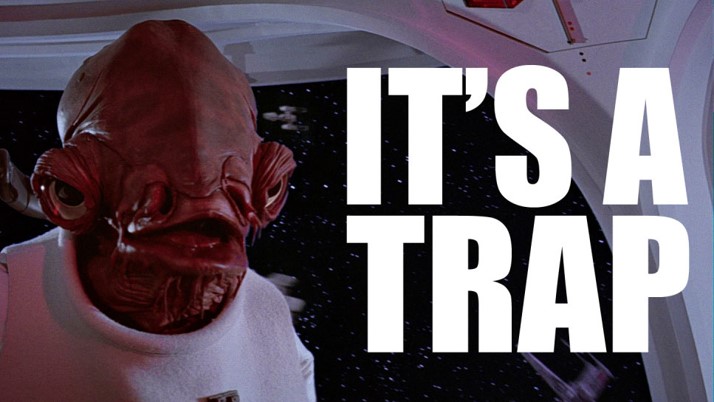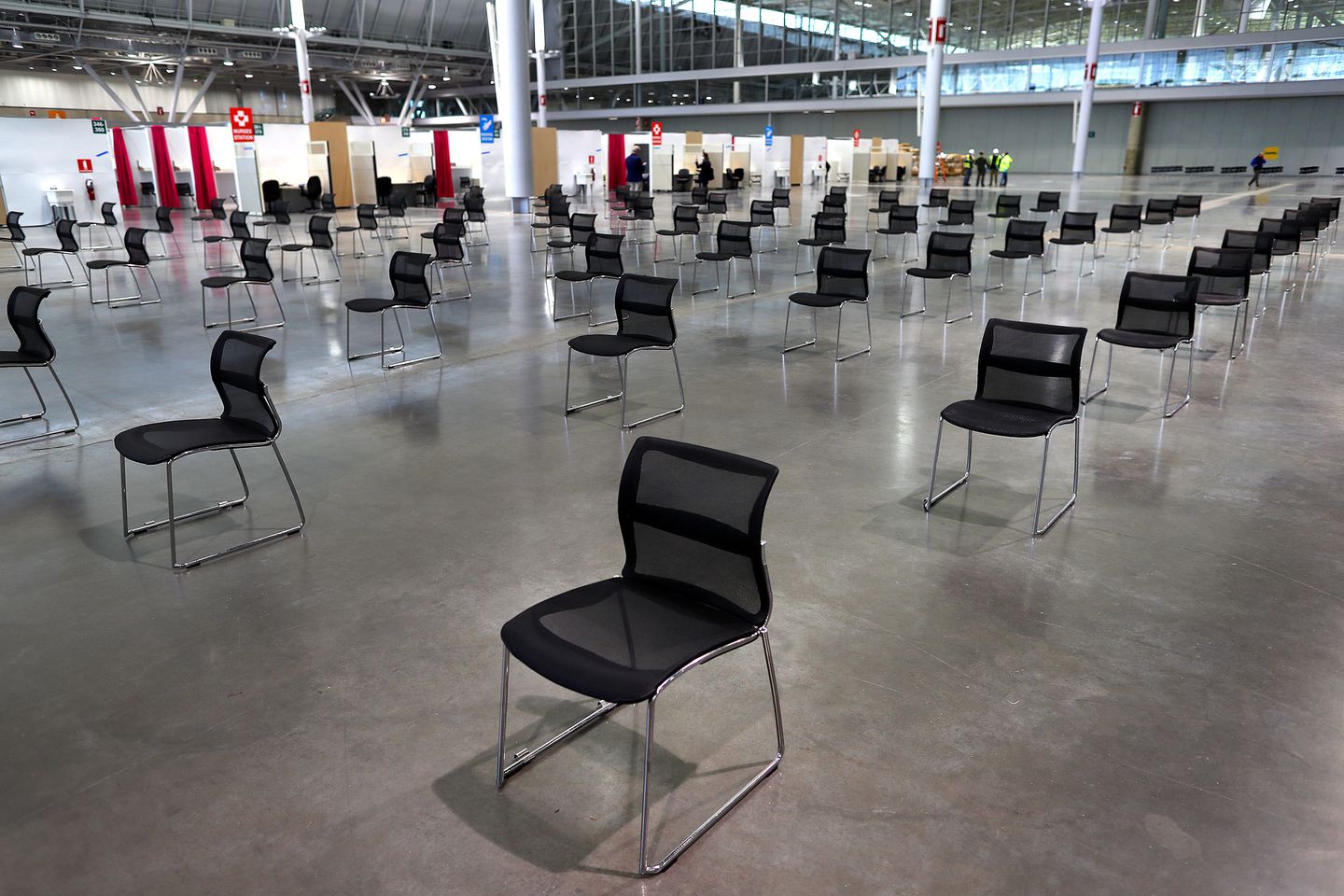Only July 8, the Eighth Judicial District in Nevada issued an order allowing a high-profile…

Mini-Opening – It’s a Trap!
You show up on the day of jury selection, and the judge asks counsel to present jurors a mini-opening before voir dire. Great opportunity to introduce jurors to your case and begin laying out your key themes and critical evidence, right?
Wrong. Mini-opening is a counterintuitive trap. A persuasive mini-opening could backfire by inhibiting your ability to get the best possible jury – which is (or should be) your principle goal in jury selection.
How so? In general, a compelling mini-opening makes obtaining cause challenges against jurors who are problematic for you more difficult. You may temporarily convince such individuals that there is merit to your side of the case, making them less likely to admit bias, and more likely to insist they want to “wait and hear all the evidence.” However, when later presented with the case in full such jurors are likely to revert to their initial feelings. For example, a juror with strong anti-corporate feelings might be briefly persuaded to entertain the notion that a company’s safety efforts were sufficient in a premises liability trial, and thus affirm they could be fair and impartial; yet when confronted with plaintiff’s contention that the company’s policies put profits over safety, such a juror would probably swing quickly toward plaintiff’s position.
Similarly, an assertive mini-opening makes it easier for the other side to secure cause challenges against your “keeps” (jurors likely to favor your client). Such jurors may realize after hearing a synopsis of your best evidence and arguments that the other side has little chance with them, and thus express they are already favoring your side when probed by the Court or opposing counsel. Accordingly, savvy attorneys will pounce immediately when their opposition delivers a powerful mini-opening, beginning voir dire by asking something like: “You all just heard from defense counsel about his client’s case. Based on what you heard, how many of you find yourself leaning toward the defendant’s side of the case, even a little bit?”
In addition, a powerful mini-opening can open the door for opposing counsel to inquire about their “dirty laundry” (specific evidence that is problematic for them). While judges are often loath to let counsel introduce case facts and probe how jurors react to them, if something is raised by the other side in mini-opening it often becomes fair game in voir dire. For example, if you’re trying a case concerning an auto accident, and your best evidence is that the other driver was intoxicated, mentioning this in a mini-opening provides a huge boon to opposing counsel, as they would likely be permitted to ask jurors whether the fact that his or her client was intoxicated would impact jurors’ ability to be fair; even if the judge prohibited this, their general questions about bias are likely to get far more traction with such a damaging fact in the back of jurors’ minds.
Some might argue that the harm done by a strong mini-opening might be offset, at least in part, by the ability to get critical arguments and evidence across to jurors at the earliest possible moment. This is false – jurors will hear your full story in opening soon enough. Research shows that there is little to no value in preconditioning during voir dire; there is no reason to expect a strong mini-opening would have a permanent impact either.
If a persuasive mini-opening is wrong, what’s the right way to approach one? First off, try not to have them if possible. If you must, keep it short and bland. Briefly lay out the nature of the case and your client’s position; e.g., “My client disputes it has any responsibility for the incident.” Do not get into the reasons why. To the extent you do offer the jury specifics, highlight those problematic for you so that you can voir dire on them. And be prepared to take full advantage in your own voir dire should your opponent take the bait and expose his or her best evidence and arguments.
Written by Stephen Duffy, Senior Consultant
If you have any questions about this or other topics in jury research and trial consulting, please contact us.
clientservices@trialbehavior.com
Chicago: 312.590.8324
Los Angeles: 310.826.2005
San Francisco: 415.781.5879



